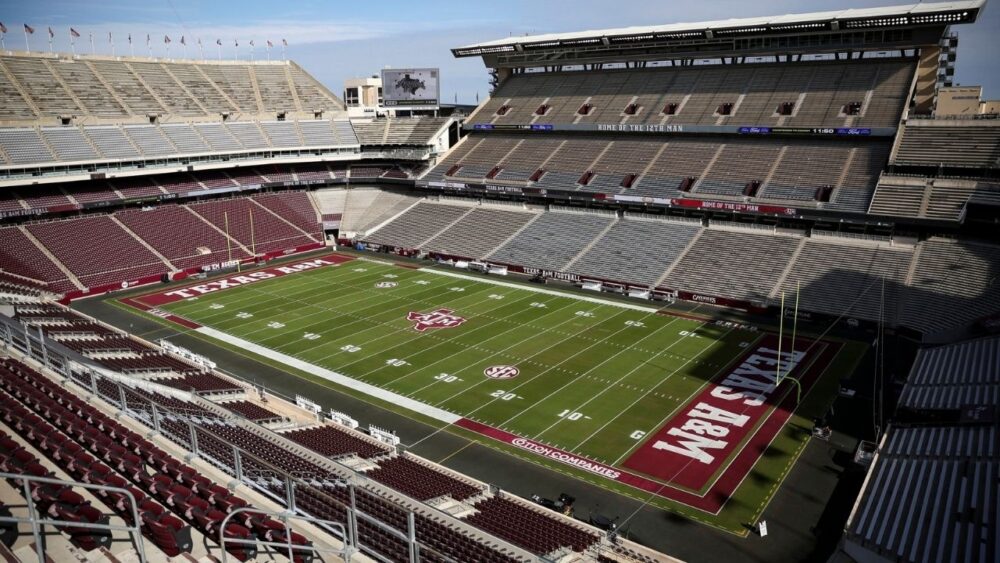(Texas Scorecard) – Texas A&M led the Southeastern Conference in coaching buyouts in fiscal year 2024.
Alabama.com acquired this data through a series of public information requests. The data excluded Vanderbilt because it is a private university and not subject to public information laws.
In total, Texas A&M paid former coaches $27.5 million in buyouts during fiscal year 2024.
A $19.2 million payment to former football coach Jimbo Fisher is the main driver of that large figure. Fisher, fired in November 2023 after a 45-25 record over six seasons, had previously signed a contract extension that mandated a lump-sum payment within 60 days of termination.
Texas A&M will continue to pay Fischer $7.2 million annually through 2031. Total payments to Fischer will top $75 million.
This news comes amidst an uncertain time for college athletics. Cody Campbell, chairman of the Texas Tech Board of Regents, has worried that Name, Image, and Likeness (NIL) compensation, primarily in football and men’s basketball, could crowd out scholarships in lower-profile sports.
Texas A&M was not the only Texas university near the top of this list.
University of Texas-Austin finished in third place, with a distant, yet still formidable, $7.2 million. While the report does not itemize recipients, the Longhorns fired baseball coach David Pierce in 2024. Furthermore, with the recent termination of men’s basketball coach Rodney Terry, this number is expected to rise in 2025.
Auburn (second), Mississippi State (fourth), and Louisiana State (fifth) universities rounded out the top five.
Despite being a taxpayer-funded entity, Texas A&M said that no taxpayer money was used to pay the buyouts. “No taxpayer dollars or funding associated with academics has been or will be used to cover the contract buyout costs,” a TAMU spokesperson stated. “It all comes from donor funding through the 12th Man Foundation or athletics-related funding.”
However, Andrew McVeigh of Texans for Fiscal Responsibility pointed out that money is fungible, and other programs and scholarships are potentially facing cuts due to the hyper-monetization of college athletics. “Even if the money comes from athletic revenues or donors, these institutions still benefit from public funding and taxpayer support,” he stated.
The University of Texas did not respond to a request for comment.


